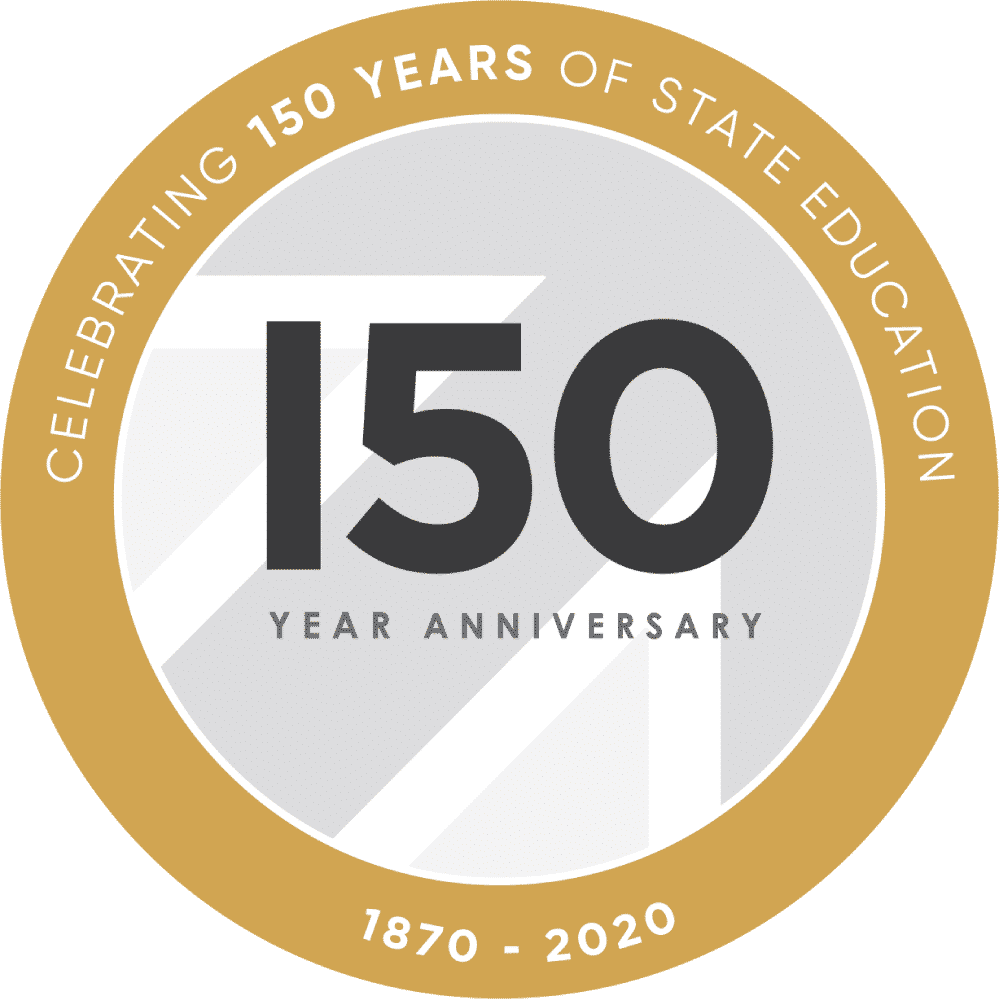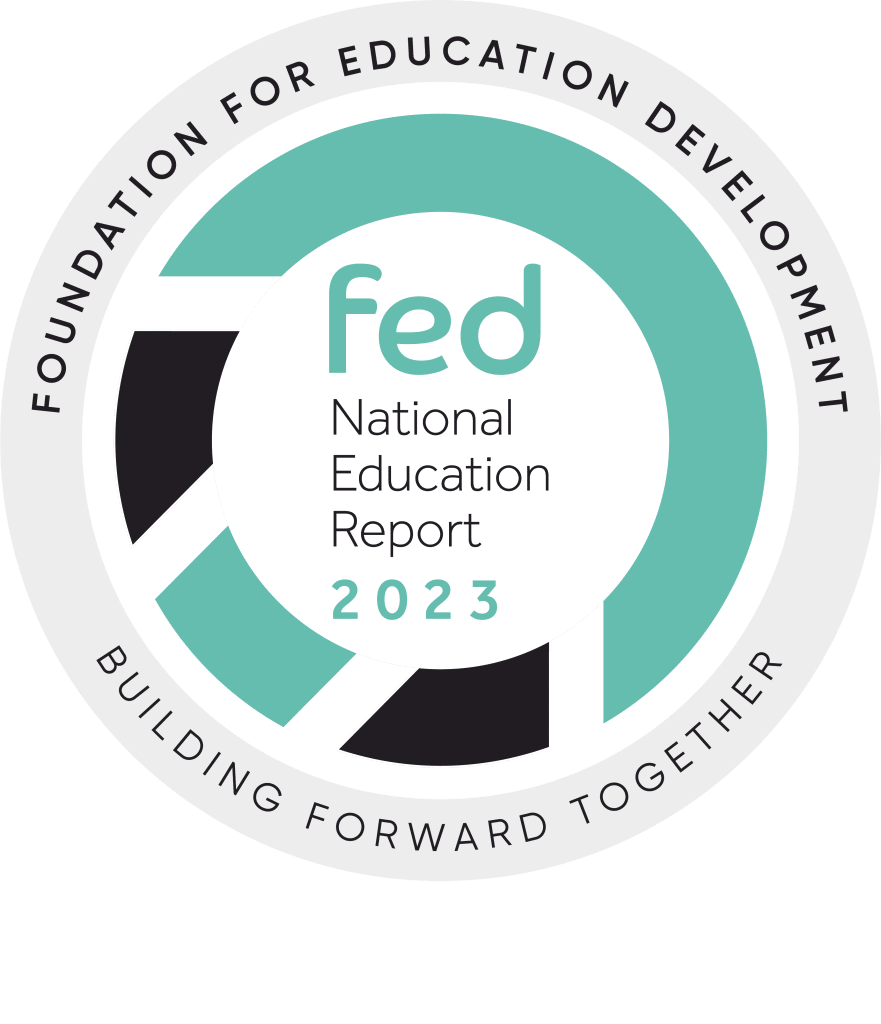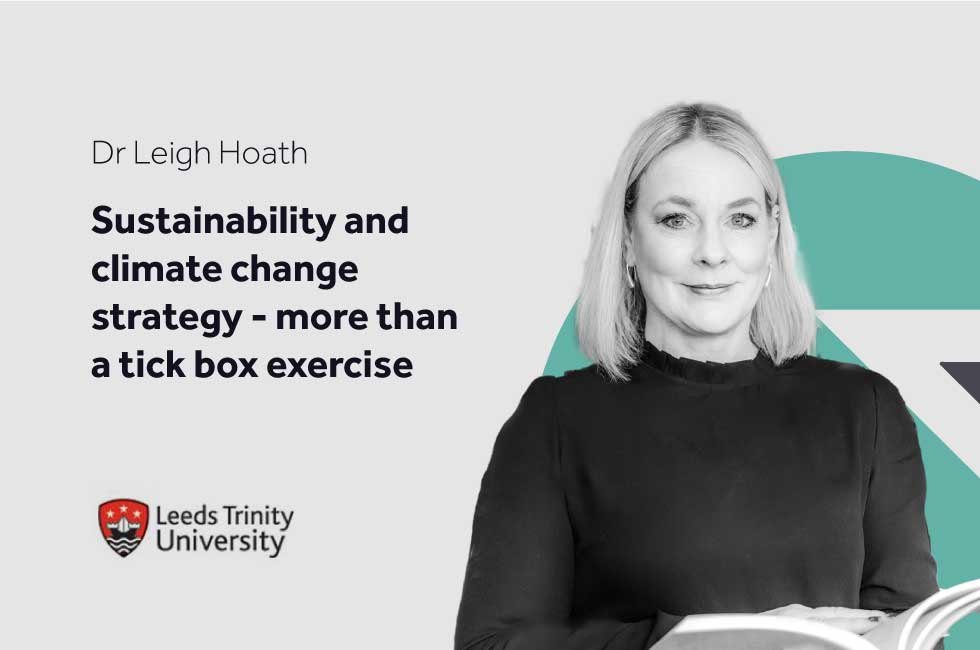As we move into the second year of our work at the Foundation for Education Development (FED) and following the launch of the FED National Education Consultation Report, we are hosting a series of roundtable discussions to inform our thinking around a long term vision and plan for education.
We asked Dr Leigh Hoath, Senior Professional Practice Fellow at Leeds Trinity University, to share some thoughts on her recently published article ‘Implementing a sustainability and climate change strategy’ written with Heena Dave, Curriculum Developer for the Teacher Development Trust. In this thinkpiece, Leigh reminds us that ‘a strategy or policy requires careful enactment if it is to become more than words on a piece of paper’. Read the article ‘Implementing a sustainability and climate change strategy’ below.
Sustainability and climate change strategy – more than a tick box exercise
There is an increasingly prominent agenda and focus on Sustainability and Climate Change in industry, business, education and within society. The hosting of COP26 in Glasgow in November 2021 increased the awareness within the UK but we do wonder to what extent the general public saw this as simply a large political meeting rather than something that is pertinent to their every day lives.
If we are entirely honest, the issues around Sustainability and Climate Change are not new. There has been an opportunity for some decades to act and prevent further damage to our planet which has not been enacted.
The launch of the DfE’s Sustainability and Climate Change strategy is undoubtedly welcome, albeit late. As subject areas, Sustainability and Climate Change are problematic. Our background is in science and environmental education, and it is well known that many issues in arise when teaching science from learners (of all ages) having an everyday understanding and use for a word that has a specific scientific meaning.
With Sustainability and Climate Change we have a mirrored concern. There is a need for literacy around these domains as we often hear of words and phrases being used synonymously or with different meanings moving well beyond nuances. So part of the agenda must be teaching learners about the meanings of these key terms – which will mean consensus in the first instance which in itself is a big ask.
However, there is more making a change around global health than just understanding what these terms are. A shift in behaviours and attitudes is also needed and this must be started with age appropriate knowledge taught using quality resources and appropriate pedagogical approaches. A strategy or policy requires careful enactment if it is to become more than words on a piece of paper, more than a tick box exercise and more than just information held in the minds of the learners.



